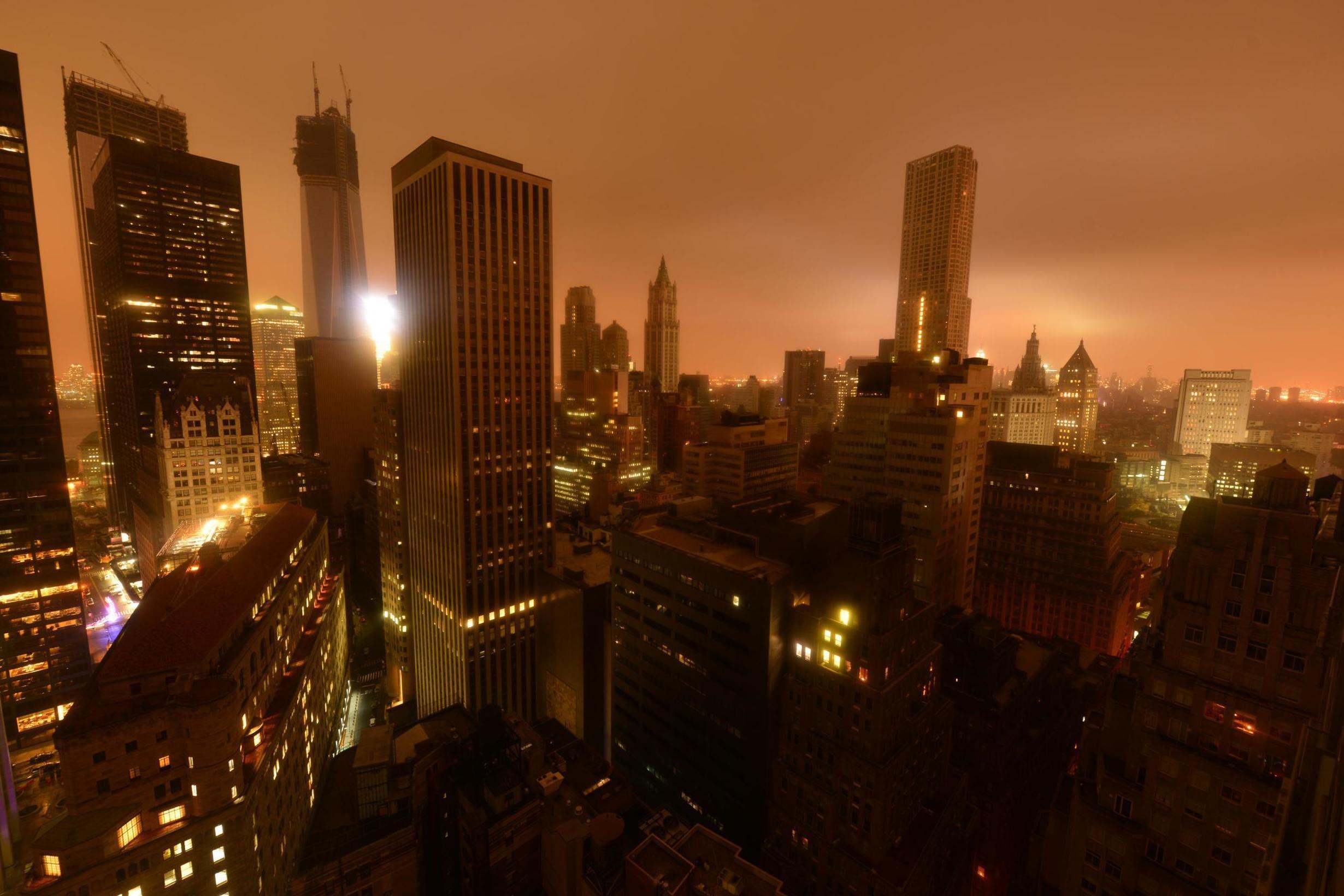New Yorkers warned to charge phones in case of blackout caused by heat wave
Excessive heat warning issued by US National Weather Service in effect until Sunday

New Yorkers have been warned to charge their phones in the possibility of a blackout as weather reports estimate temperatures could reach up to 99F (37C) this weekend.
On Friday, while speaking with WNYC radio host Brian Lehrer, mayor Bill de Blasio discussed the upcoming heat wave, and the measures New Yorkers should take to ensure their safety in the extreme temperatures.
“Everyone should take all the basic precautions,” the mayor said, according to a tweet posted by Leher. “Set your AC to 78 degrees. Check on your neighbours.”
Leher followed the mayor’s advice with a second tweet, warning people to “Charge your cell phones in case we have a blackout.”
Listeners were also directed to the New York City government website for more information and tips.
According to power company Con Edison, which supplies electricity to a large portion of the city, heat waves can lead to power outages when people turn to their air conditioners for relief.
“The demand for power can increase as the heat wave goes on because people become less resistant - more willing to turn their air conditioning on and up,” Con Edison spokesperson Allan Drury told USA Today.
The warning comes after Mr de Blasio declared a “local emergency due to extreme heat” on Thursday.
Under the local emergency, owners and operators of large office buildings have been directed to set their building thermostats to 78 degrees to conserve energy from Friday morning to Sunday evening.
“City government buildings are already making the adjustment,” the mayor wrote on Twitter.
On Saturday, New Yorkers experienced a widespread blackout due to a transformer fire, which left an estimated 73,000 people without electricity.
According to Con Edison, it is getting ready for the heat wave by ensuring staff will be working 24/7 with extra crew “ready to respond to anything that might come up during the week”.
To limit the chances of another blackout, Con Edison suggests customers close their curtains and blinds, as 40 per cent of unwanted heat comes through windows.
Despite the high temperatures, Drury said Con Edison predicts the demand for power will be around 12,400 megawatts in Westchester County and New York City, a number much lower than 13,322 megawatts, the highest demand for power in history, which occurred during a heatwave in July 2013.
Overall, more than 300m Americans in 29 states are expected to experience temperatures over 100F over the weekend.

For more information on staying safe in a heat wave, you can go here.
Join our commenting forum
Join thought-provoking conversations, follow other Independent readers and see their replies
Comments
Bookmark popover
Removed from bookmarks